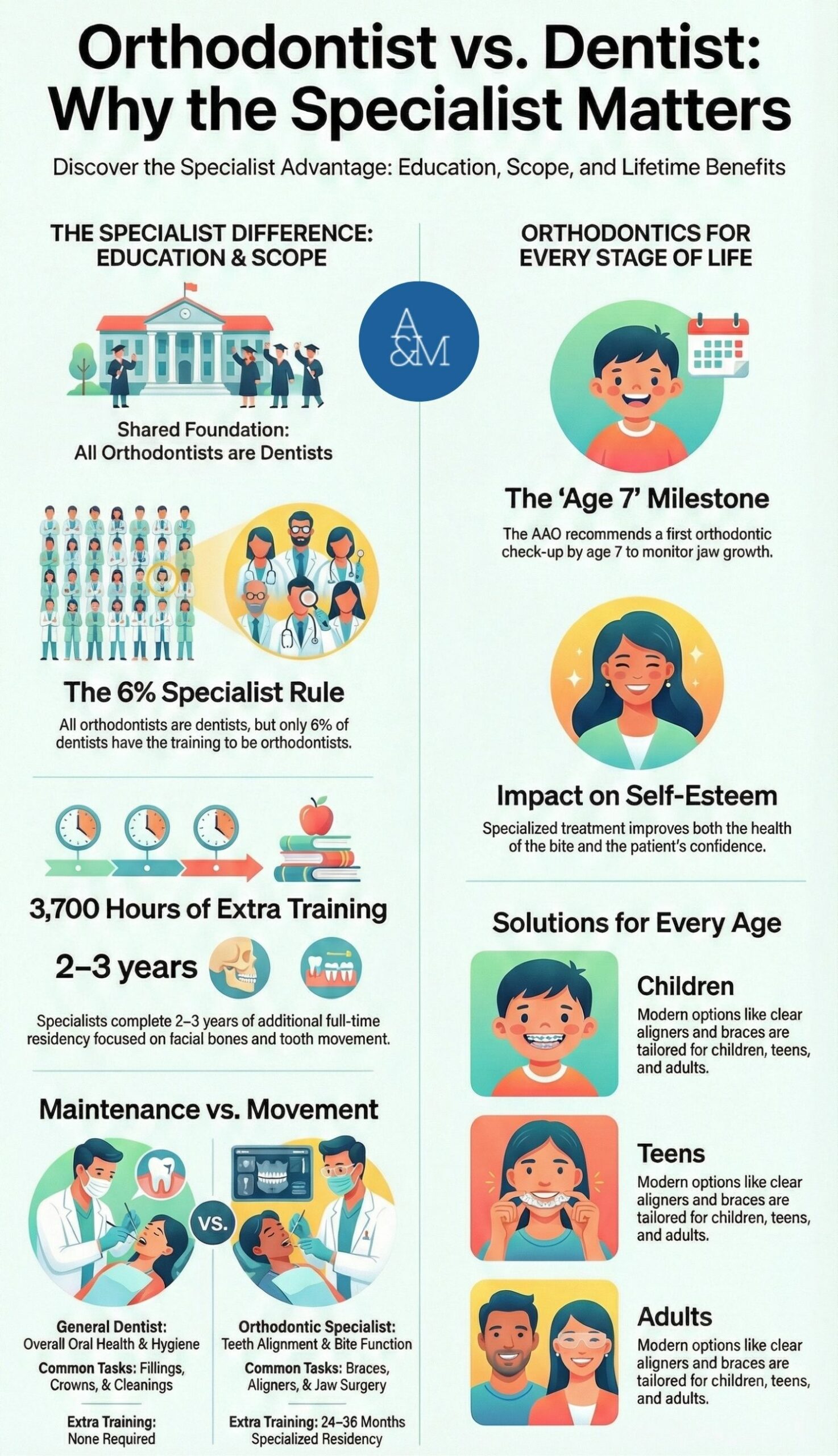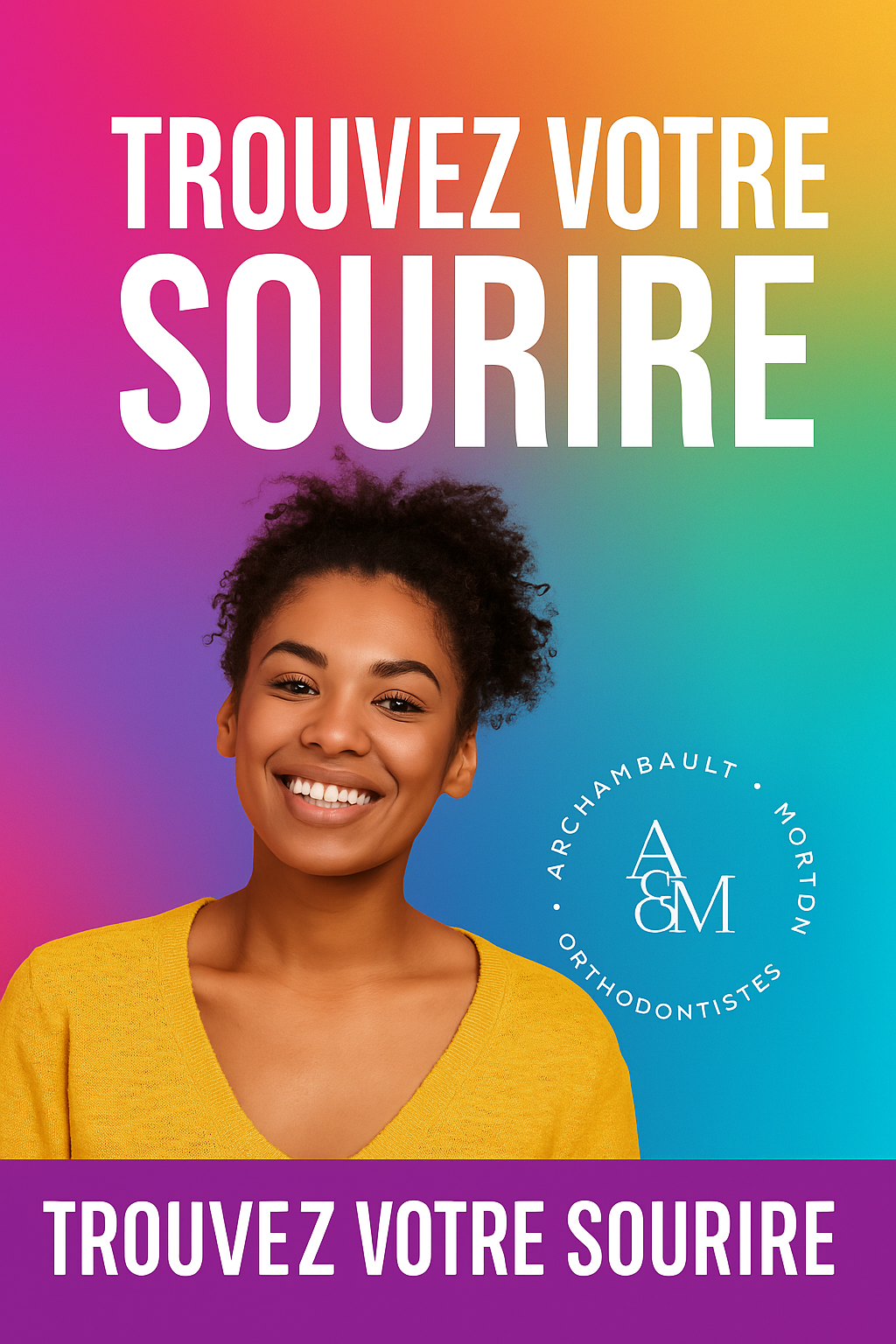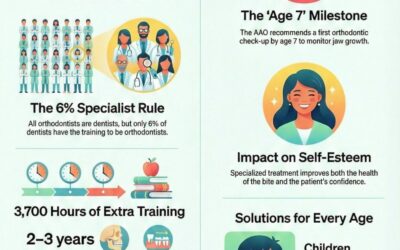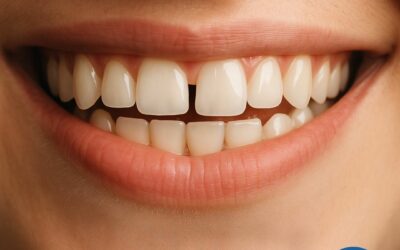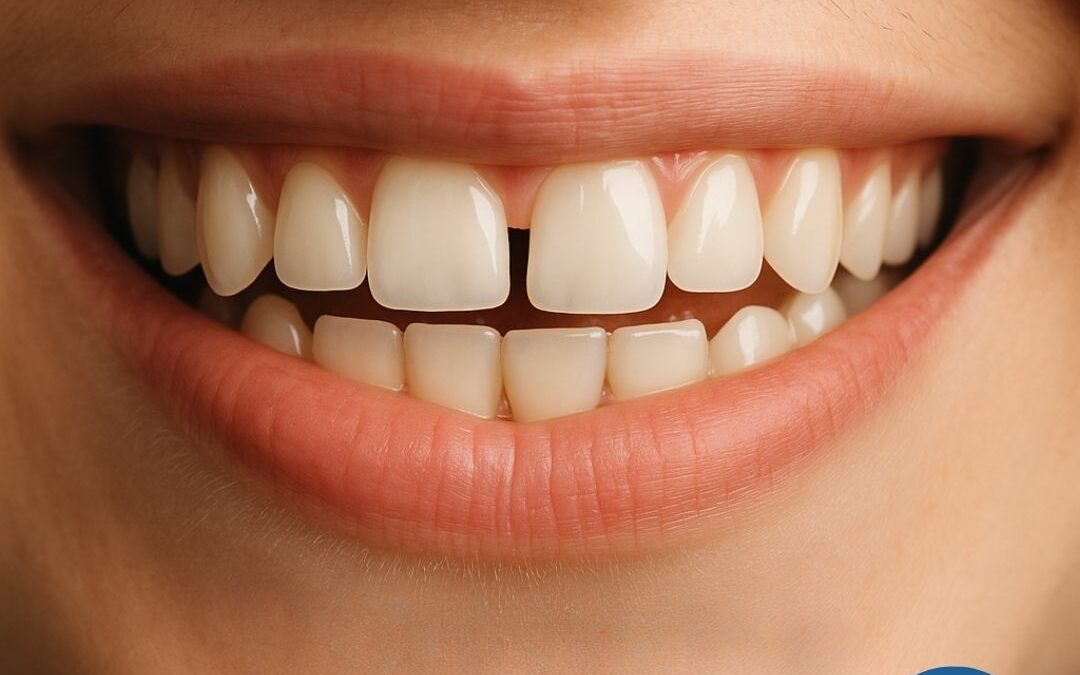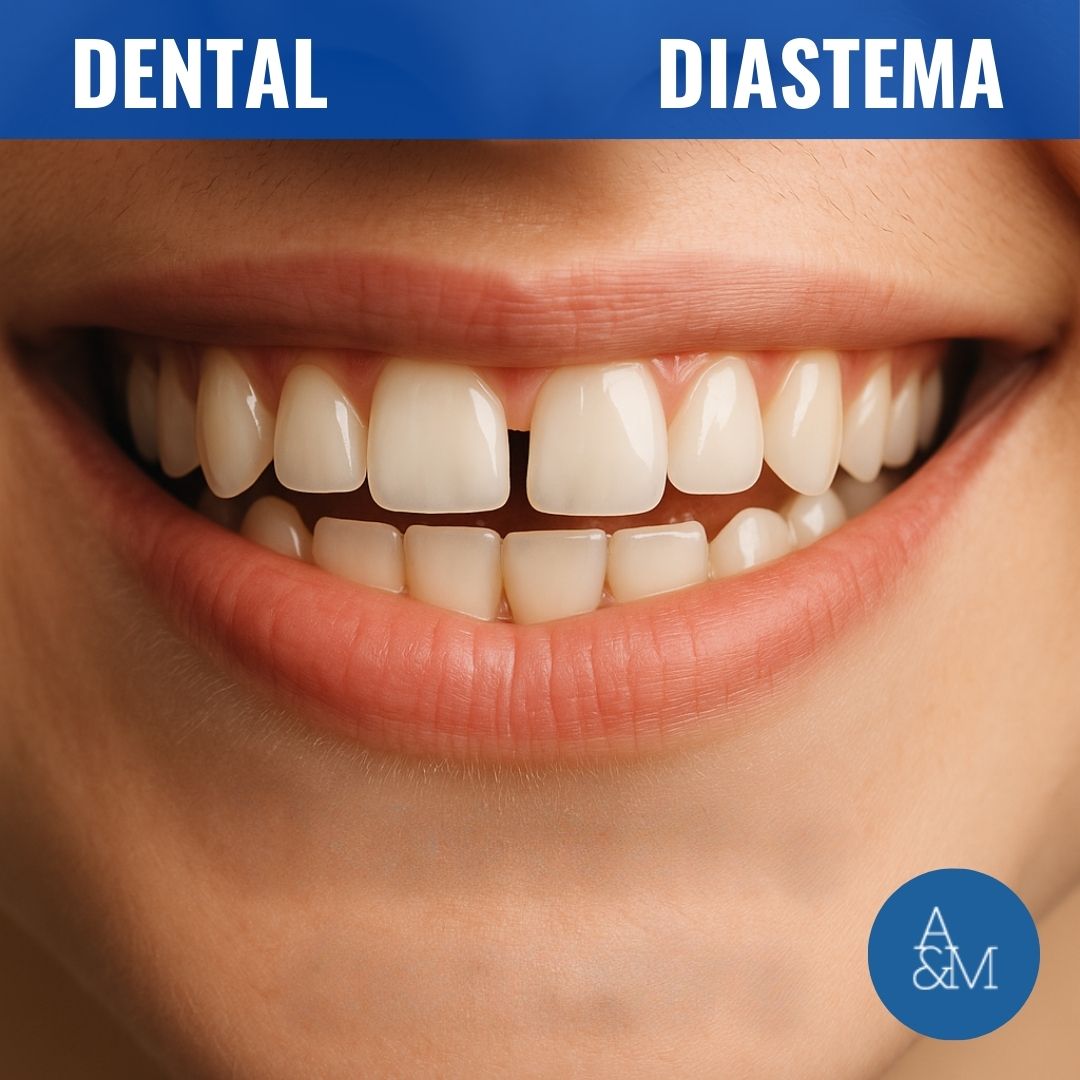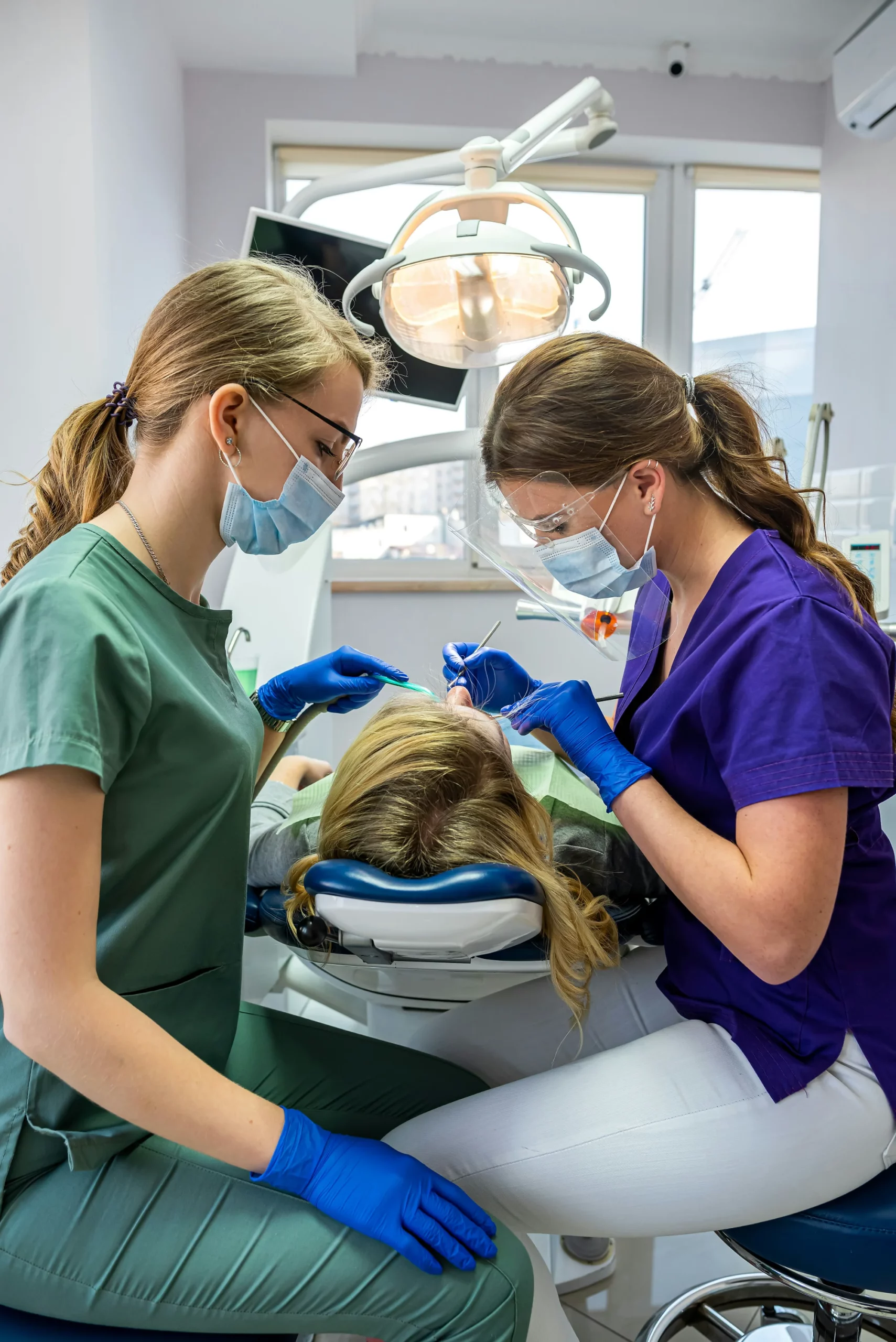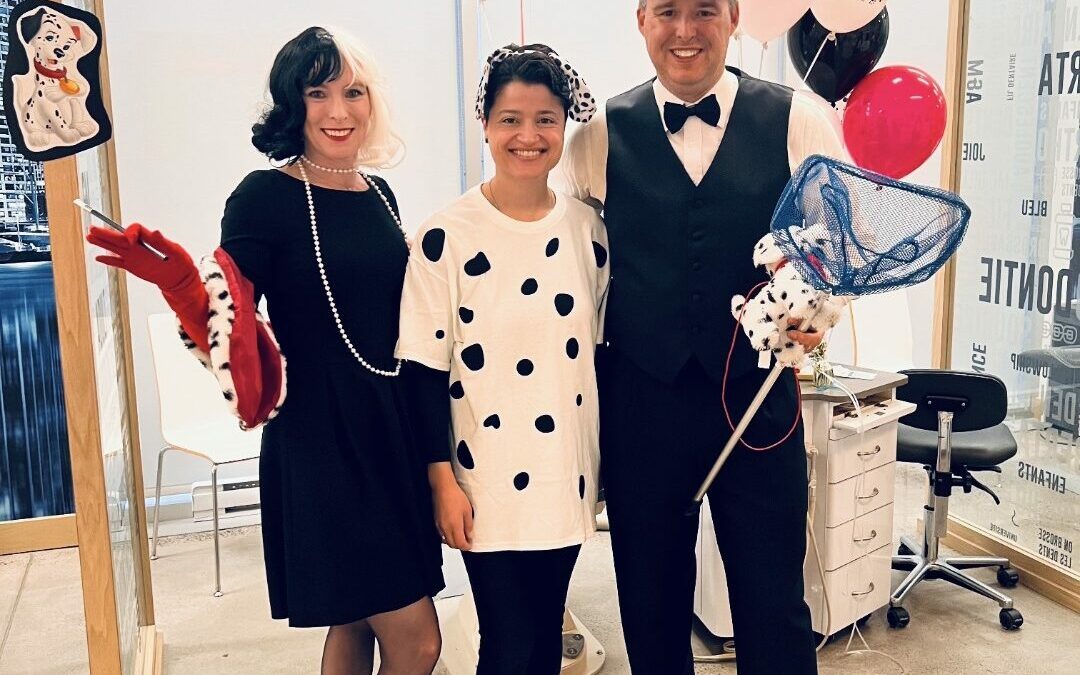Dentist or Orthodontist: Understanding the Difference to Make Better Choices Have you ever wondered what the difference is between a dentist and an orthodontist? Although both of these professionals work in the field of oral health, their roles and expertise are very...

Dentist or Orthodontist: What’s the difference?
Dentist or Orthodontist: What’s the difference?
Dentist or Orthodontist: Understanding the Difference to Make Better Choices
Have you ever wondered what the difference is between a dentist and an orthodontist? Although both of these professionals work in the field of oral health, their roles and expertise are very distinct. Understanding this distinction will help you choose the right specialist for your dental needs.
In this article, we explore everything you need to know about the difference between a general dentist and a specialized orthodontist.
1. Training: General Dentist vs Specialized Orthodontist
The main difference between these two professionals is their level of specialized training.
The common path
All orthodontists are first and foremost dentists. To become a dentist, you must complete four years of general studies in dental school. This basic training covers all aspects of oral health.
Specialization in orthodontics
After completing their dental degree, orthodontists continue their education in an accredited full-time program for an additional two to three years (24 to 36 months). This specialization represents 3,700 hours of training devoted exclusively to the movement of teeth, jaw bones, facial bones and soft tissues.
Important fact: While all orthodontists are dentists, only 6% of dentists are orthodontists.
2. Field of expertise: who does what?
The difference in training directly dictates the services offered by each practitioner.
The dentist: expert in global oral health
The general or family dentist is responsible for the overall health of your mouth. He is a general practitioner who diagnoses and treats a wide range of dental problems:
- Routine care: Treatment of cavities with fillings, professional cleaning, screening for abnormalities and oral diseases
- Dental restorations: Placement of crowns, veneers, or repair of broken teeth to improve appearance and chewing function
- Tooth extractions: Removal of damaged or problematic teeth
- Root canals and other general procedures
The Orthodontist: Specialist in alignment and occlusion.
The orthodontist is the specialist who diagnoses, prevents and treats irregularities in the teeth and jaws. His expertise focuses on occlusion, which is how teeth meet and work together:
- Corrective treatments: Use braces (metal or ceramic braces), clear aligners (such as Invisalign), and other braces to align teeth and correct jaws
- Dentofacial orthopedics: Management of the growth and development of the jaws and face, particularly in children and adolescents
- Complex planning: Creation of personalized treatment plans based on complex biological processes and a thorough analysis of your bite
3. Why Do Some Dentists Offer Braces?
General dentists sometimes offer orthodontic services, such as clear aligners or braces. Dentists are legally allowed to practice dentistry, and some areas allow them to offer specialized care even without formal postgraduate training in orthodontics.
However, it is important to understand that the fact that a dentist can place braces does not make him an orthodontist, just as the fact of performing a root canal does not make him an endodontist. Only an orthodontist has the in-depth training of 2 to 3 years specifically dedicated to the complex biomechanics of tooth movement and bite correction.
This specialized training makes all the difference in the quality and precision of orthodontic treatments, especially for complex cases.
4. When to Consult an Orthodontist?
There is no need to wait for a referral from your dentist to see an orthodontist. Whether for children, teenagers or adults, orthodontics can significantly improve self-esteem and oral health.
Signs that it’s time to see an orthodontist
- Difficulty chewing or biting properly
- Teeth that don’t touch properly (malocclusion) or large tooth overlap
- Chronic breathing through the mouth or nighttime grinding of the teeth (bruxism)
- Early or late loss of baby teeth in children
- Jaw that cracks, makes noise, or is painful
- Smile or dental alignment that bothers you aesthetically
5. The Benefits of Consulting a Certified Orthodontist
Choosing a certified orthodontist offers several important benefits:
- Specialized expertise: 3,700 hours of training dedicated to tooth movement and jaw correction
- Accurate Diagnosis: Ability to identify and treat complex bite and alignment issues
- Long-lasting results: In-depth understanding of biomechanics for results that last
- Modern treatment options: Access to the latest technology and treatment methods (Invisalign, self-ligating braces, lingual orthodontics, etc.)
- Personalized follow-up: Treatment plans tailored to your age, condition, and specific goals
Conclusion: Choosing the Right Professional for Your Smile
For a dental cleaning, cavity treatment or other general care, your dentist is the ideal expert. But to align your smile, correct your bite, and achieve optimal orthodontic results, the expertise of a board-certified orthodontist is unmatched.
As oral health experts point out: for your health, you shouldn’t take shortcuts. Straightening teeth is a complex biological process that requires specialized expertise and extensive training.
If you are considering orthodontic treatment, do not hesitate to consult a certified orthodontist. An initial consultation will allow you to assess your needs, discover the options available and plan the best treatment to achieve the smile of your dreams.
Frequently Asked Questions (FAQs) about the difference between dentist and orthodontist.
What is the main difference between a dentist and an orthodontist?
The main difference lies in specialization. All orthodontists are dentists first, but then they complete 2 to 3 years of additional training (3,700 hours) dedicated exclusively to tooth alignment and jaw correction.
Can a dentist do the same job as an orthodontist?
While some dentists may offer basic orthodontic services, only an orthodontist has the extensive specialized training needed to effectively handle complex alignment and occlusion cases.
At what age should you see an orthodontist?
The Canadian Association of Orthodontists recommends a first consultation around the age of 7, but orthodontic treatments are effective at any age. Many adults also benefit from orthodontic treatments.
How long does typical orthodontic treatment last?
The duration varies depending on the complexity of the case, but most orthodontic treatments last between 12 and 30 months. Your orthodontist will establish a personalized treatment plan with an accurate estimate.
Are clear aligners as effective as traditional braces?
Clear aligners (like Invisalign) are very effective for many, but not all, cases. A board-certified orthodontist will be able to assess your situation and recommend the most appropriate option for the best results.
Other articles
Dentist or Orthodontist: What’s the difference?
Dental Diastema: Causes and Treatments
What is a dental diastema? Do you have a small gap between your two front teeth? Have you ever wondered if this is something to be corrected, or on the contrary, a character trait to keep? The dental diastema, this gap that divides as much as it fascinates, deserves a...
Dental Aligners (Price Everything You Need to Know)
Dental aligners: prices, options and advice to make a good choice Have you ever found yourself smiling in front of your mirror and telling yourself that a small adjustment would make all the difference? You're not alone. Every year, thousands of people dream of...
